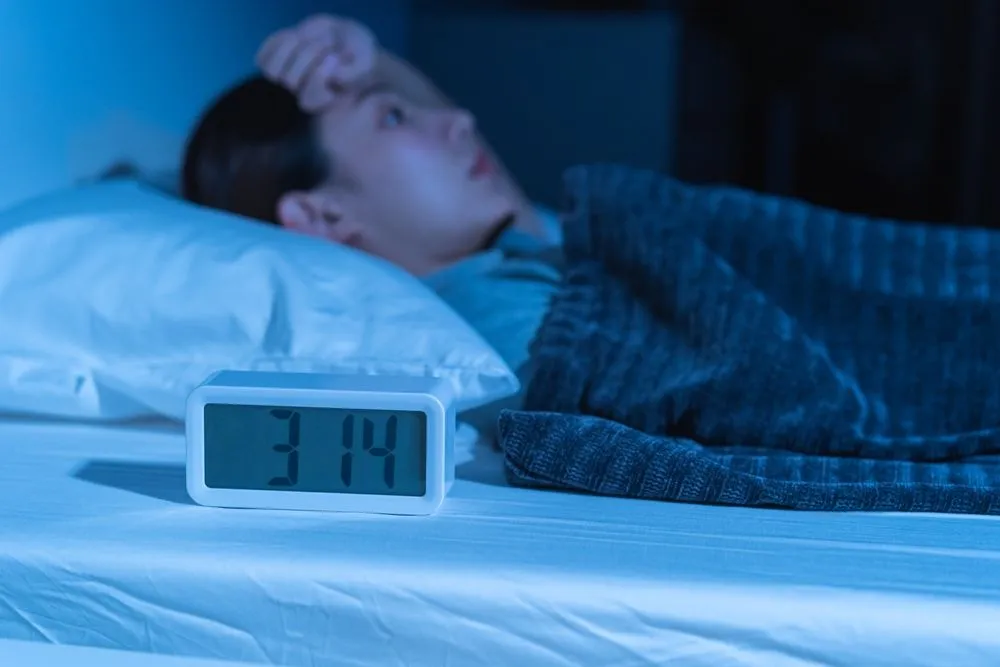Sleep disruptions can affect various aspects of life, including physical health, mental well-being, and daily productivity. For many individuals, sleep issues may result from hormonal imbalances that develop over time, often due to factors like aging, menopause, or underlying medical conditions. Hormone Replacement Therapy (HRT) is one method that has been explored as a way to address this underlying cause and provide relief.
What Causes Sleep Problems?
Sleep disturbances may arise from a wide range of factors. These disruptions can be linked to external influences, medical conditions, or internal changes in the body. Environmental and lifestyle factors can play a role in disrupting a person’s sleep patterns. These include stress, irregular work schedules, poor sleep hygiene, or an unsuitable sleep environment. Excessive use of electronic devices before bed may also interfere with natural sleep cycles by suppressing melatonin production. Underlying medical conditions frequently contribute to sleep problems. Sleep apnea, restless leg syndrome, and chronic pain.
Who Should Seek Help for Sleep Issues?
Persistent sleep problems that affect daily functioning and overall well-being could warrant a closer evaluation by a medical professional. Chronic difficulties in falling asleep, staying asleep, or achieving quality rest may signal an underlying issue. Individuals experiencing fatigue or decreased productivity due to poor sleep might benefit from discussing their concerns with a healthcare provider.
How Can Hormone Replacement Therapy Help?
Hormone Replacement Therapy (HRT) is one possible approach used to alleviate symptoms related to hormonal imbalances. This includes those that disrupt sleep. It involves supplementing the body with hormones that affect sleep to restore balance.
Regulating Sleep Cycles
Hormones play a pivotal role in maintaining the body’s natural sleep-wake cycle. A drop in hormones may lead to fragmented or insufficient sleep. HRT has been shown to help some individuals re-establish sleep patterns disrupted by these hormonal changes.
Enhancing Mood and Stress Levels
Imbalances in cortisol and other stress-related hormones may result in trouble sleeping. Restoring hormonal balance through HRT might help support improved mood, reduced anxiety, and better management of day-to-day stressors. This can further promote restful sleep.
Tailored Solutions
HRT can be adjusted to suit individual needs, taking into account the hormone levels, age, medical history, and overall health of the individual. Options may include combined hormone therapies. Working closely with a healthcare provider makes sure that the appropriateness and type of HRT are evaluated carefully. It’s worth noting that Hormone Replacement Therapy is not suitable for everyone and can come with risks, which is why a thorough discussion with a medical professional is recommended.
Seeking Professional Medical Care
Sleep disturbances can have far-reaching effects on both physical health and mental well-being. Understanding the potential causes, such as hormonal imbalances, and exploring solutions like Hormone Replacement Therapy can help individuals regain restful sleep and, by extension, improve their quality of life. If you are experiencing sleep problems that persist or worsen over time, reach out to a healthcare provider. A medical professional can assess your concerns, evaluate potential underlying factors, and discuss options tailored to your needs. While lifestyle adjustments and improved sleep hygiene may help in some cases, more comprehensive approaches such as HRT may be explored under expert guidance.
- mylovelyfurryfriend discover expert tips on dog health
- Infectious Diseases Updates – Stay Informed, Stay Protected!
- Wegovy For Weight Loss – A Breakthrough in Managing Obesity!
- Emergency Medicine Forum – A Hub for Fast-Paced Knowledge, Support & Updates!
- Pediatrics Discussions – Insights, Challenges, and Expert Advice for Better Child Health!





Leave a Reply